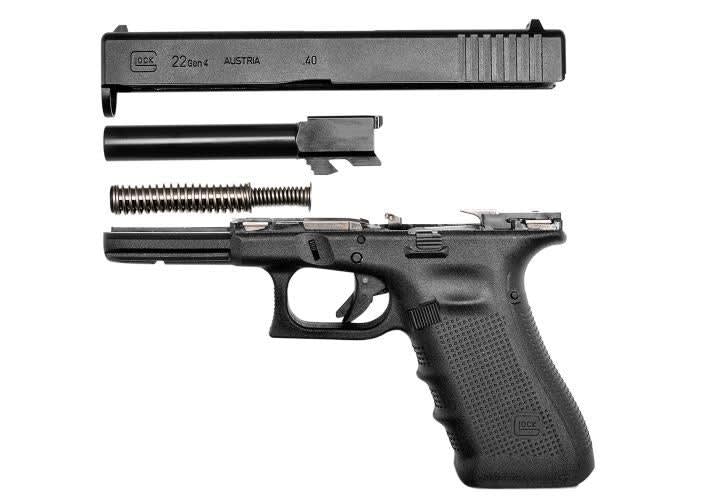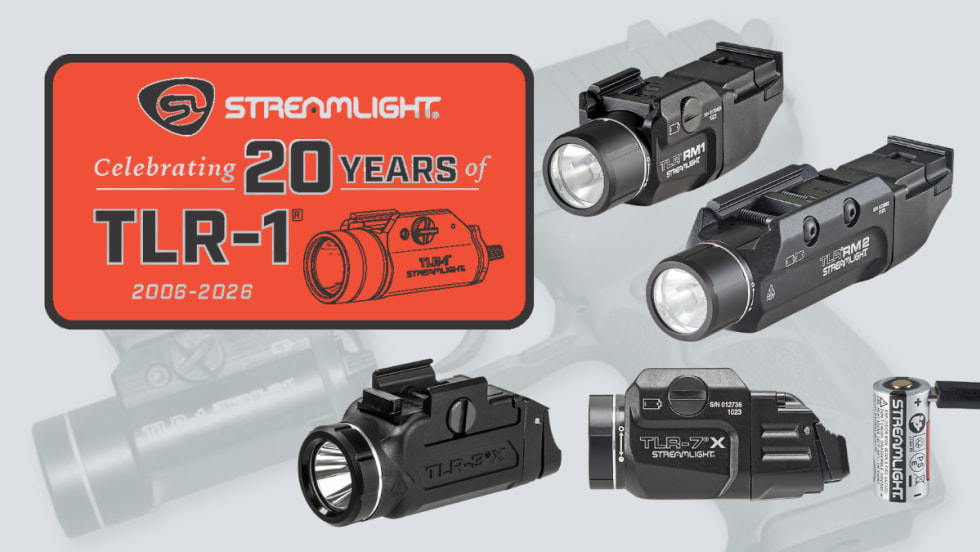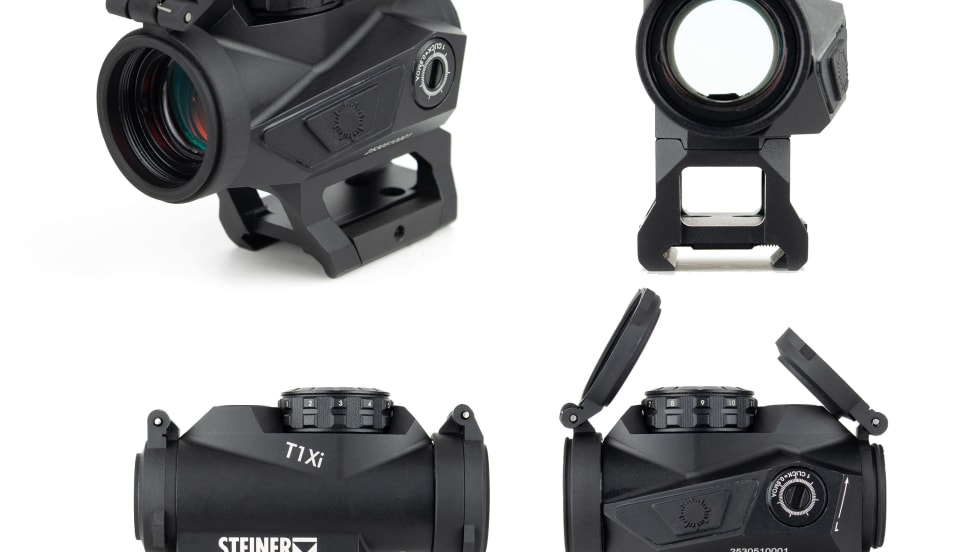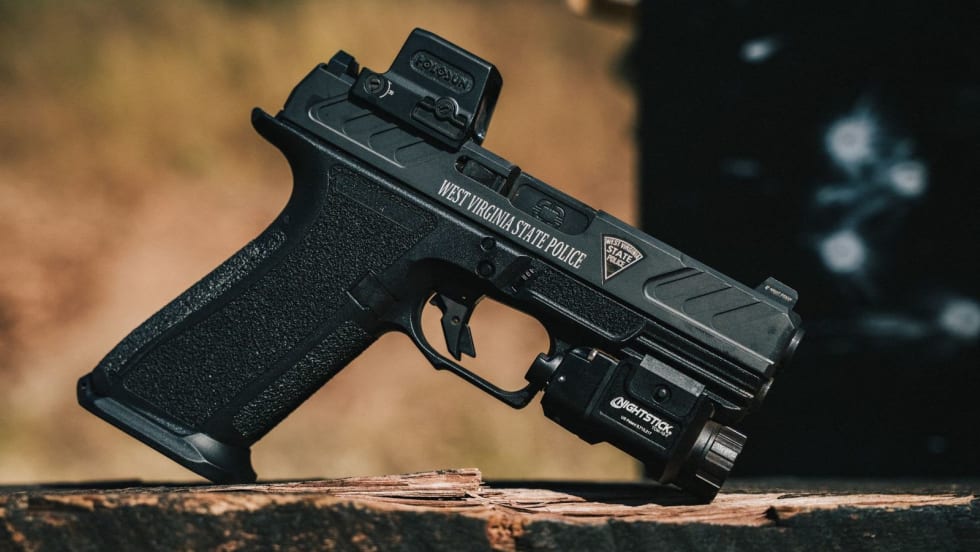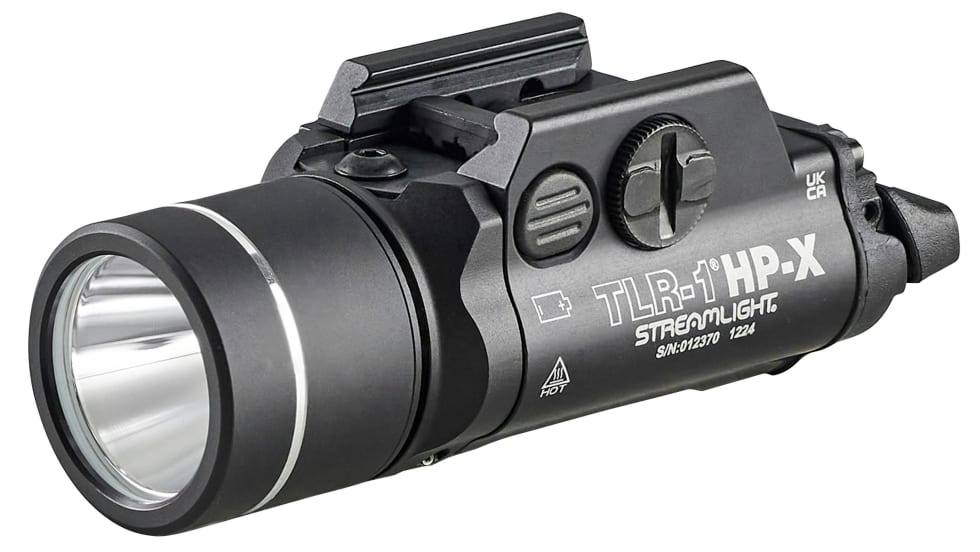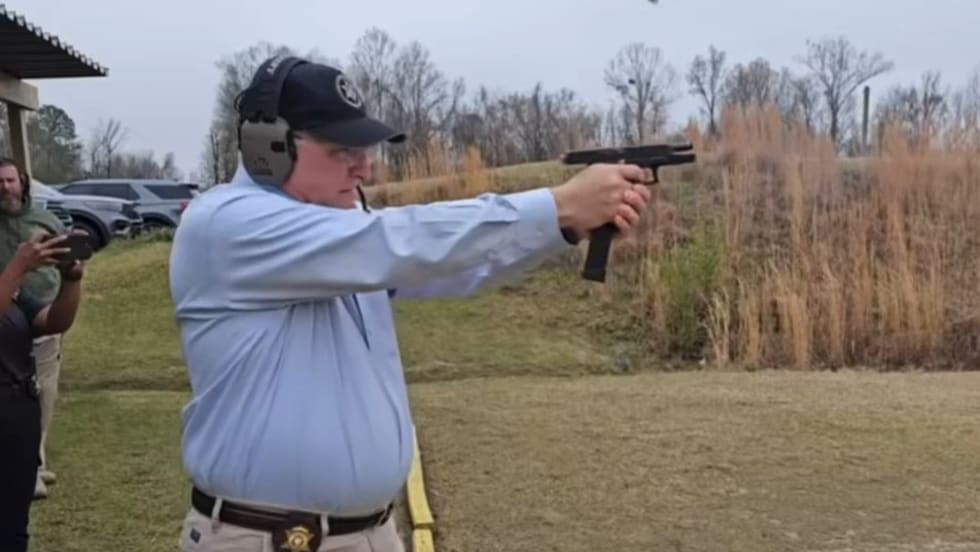Malfunctions with the firing pin or firing-pin channel on an officer's Glock duty weapon are usually a result of dirt, debris, solvent or other material getting lodged in the channel.
I've been a Glock armorer for over 10 years, and we've seen our share of normal "wear and tear" on our duty weapons. I've even seen a few broken firing pins, steel rails snapped off from the frame (twice), worn magazine springs and broken or chipped extractors.
However, I can't recall any specific "failure to fire" incident caused by the firing-pin channel being blocked by oil and debris, which slows the action of the firing pin and prevents a primer strike. That said, I don't doubt officers can experience a firing-pin channel blockage.
What I've learned over the years is that many officers will typically use way too much oil and solvent when cleaning their duty weapons. I've seen officers use lithium grease, brake cleaner and PB Blaster in their Glocks, but the main issues causing problems were from too much oil, or failure to remove all of the solvents.
We've taken these five steps to remedy this issue in our agency:
Step 1: We created a standardized department-wide weapons maintenance program. I developed a program several years ago, with other armorers now on-board to assist. We do full "detail strip" cleaning, lubrication and test-firing of each duty weapon at least once every three years (more often, if necessary).
We have over 130 sworn members. With two armorers working full time on this program, it takes us approximately two weeks (10 working days) to complete every duty weapon, as well as some off duty or specialized assignment weapons (IE, SWAT duty handguns, but not rifles or tactical shotguns, this is handled by other dept armorers).
We have a rotation system where officers turn in their duty weapons on their regular days off. We finish the weapon and have it ready for them to pick up before the start of their first day back on duty. We have department-owned weapons on hand in the event we find a major problem and don't have a part on hand to make the repair.
Step 2: We established proper firearms maintenance procedures by instituting a department-wide training session. We accomplished this by conducting a one-hour training class during one of our two annual in-service sessions.
I gave a PowerPoint presentation that included a hands-on portion where officers "field strip" their duty weapon in class. We could get through this training in under 45 minutes. We're also going to implement this short training block with our new-hire officers as well, so they're on-board with proper duty weapon maintenance from Day One. Department armorers conduct this training, so that any questions, problems or debates can be addressed immediately.
Step 3: We established mandatory quarterly duty weapon qualifications. At the same time, duty weapon and body armor inspections are conducted - the results are documented. Officers are strongly advised to clean their duty weapons immediately after qual courses are fired. This way, firearms instructors and sometimes armorers are available, if there are questions about how to properly clean and lubricate their duty weapon.
This also ensures officer duty weapons are cleaned at least four times per year, which builds familiarization, pride and good habits. The duty weapons are subject to inspection after each qual to ensure compliance.
Step 4: We're in the process of developing new visual aids for our department's armory. These will explain the proper cleaning and lubrication points, so officers can refer to simple exploded-view photos to remind them how the weapon should be properly maintained and where to place a small amount of oil.
We also improved our cleaning supplies, including having a compressed air line hard-wired into the armory to assist in cleaning. One of the other Glock armorers monitors the stock of cleaning supplies, as well as the stock of spare parts we keep on hand.
Step 5: We have a few Glock armorers who are dedicated to accomplishing the first four steps. We keep up on our certifications, we enjoy working on the duty weapons and we're willing to help other officers if they need any assistance. Having a few good accessible armorers helps with any weapon maintenance issues.
Officer Brian Havican of the West Allis (Wisc.) PD is a certified Glock armorer and oversees his agency's firearms training and maintenance.


